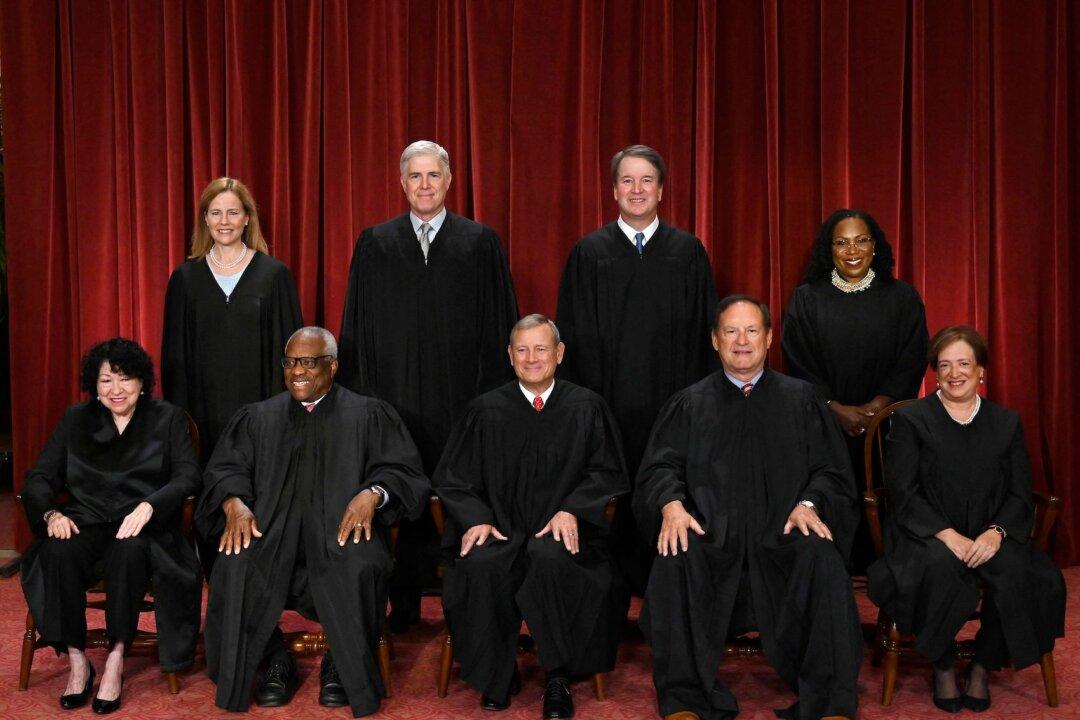The U.S. Supreme Court’s next term is scheduled to start Monday, and a number of significant cases await—including some that could threaten federal regulatory agencies as well as efforts targeting content on social media platforms.
Second Amendment
The court agreed to take up U.S. v. Rahimi, a case that could determine whether a federal law banning people from possessing firearms while under a domestic violence-related restraining order violates the Second Amendment of the U.S. Constitution.The case involves a Texas man, Zackey Rahimi, charged with illegal gun possession while subject to a domestic violence restraining order after assaulting his girlfriend. Rahimi challenged the law after being charged under it in 2021.





